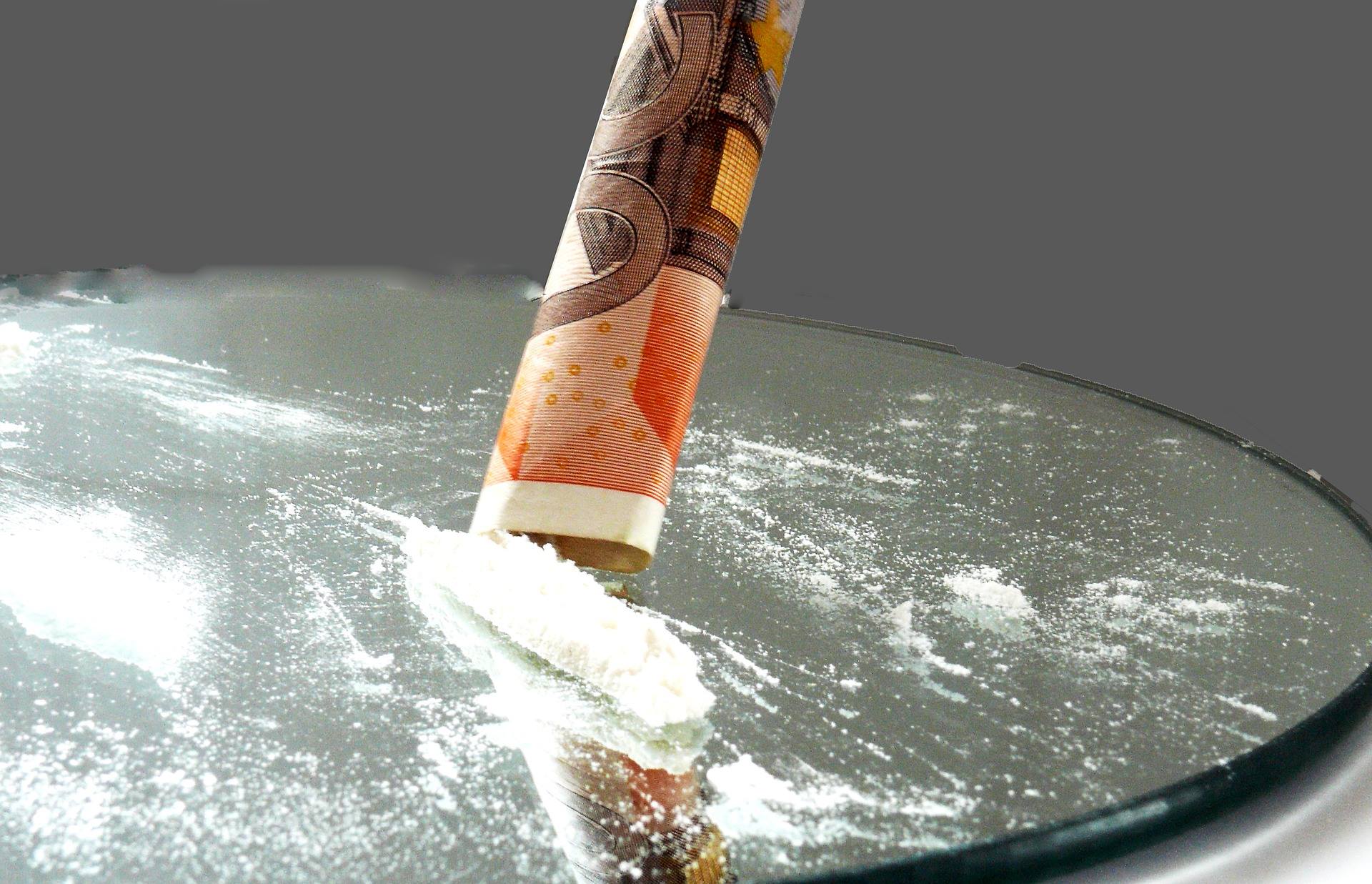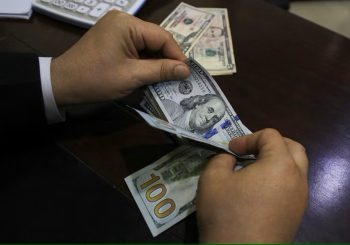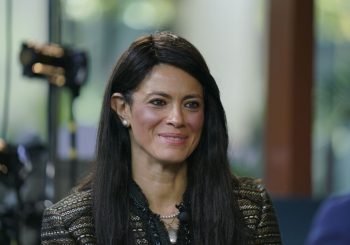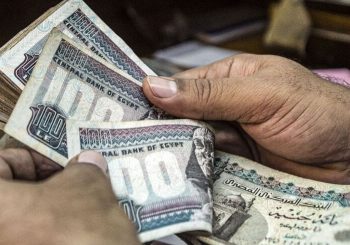“When money is God, an economic downturn becomes a spiritual crises” – author unknown
It is a fact that we excel at what we are the most motivated to do. Some of us are primarily spurred to succeed to provide a better living for themselves and their families because they have experienced real poverty and adversity first hand, whereas others are spurred to fail because their early experiences with trying to succeed have always been met with bone-shattering criticism that spawned bulging emotional wounds, so failure became the safer, less painfully perceived choice.
Each one of us has his own very distinct coping mechanism that he or she uses to survive the outside perceived world. We adapt rather amazingly to the circumstances at hand to not compromise our survival, even if we are surviving less gracefully than we should be.
Circumstances is a stretchable term that can imply many things, including a country’s economic conditions and how they affect our psych. When Egypt’s Central Bank floated the Egyptian Pound back in November 2016 as an inevitable tactic to comply with one of the IMF’s requirements, experts were mostly concerned with the painful economic impacts that such a decision brought about; inflation and how it would be injuring people’s purchasing power and how that would force many to downgrade their lifestyle in an attempt to adjust to the current economic trough. But what about the more subtle forms of survival?
How are Egypt’s current stifling conditions affecting our spiritual and emotional coping mechanisms for survival? How do we deal with the “oh sh** I can no longer get my daughter the fancy things she wants” kind of fear, or the “I am sorry honey, but we can no longer afford going to the places we are used to go” kind of situation?
How is the ever-growing sense of financial insecurity tampering rather playfully with our ability to presently enjoy each moment of our lives without straying obsessively into the realm of how we can squeeze some extra cash when we are simply enjoying a delightful meal with our spouse or friends?
The things that agonize us the most do that in sheer silence, and we are usually too skeptic about sharing such feelings of insecurity and apprehension that seem trivial and bothersome to us. They are not — and actually there is an undeniable correlation, in my opinion, between Egypt’s current economic conditions and an “inflated” tendency to get heavily involved with an unhealthy coping mechanism that takes the edge of: the fantasy porn that unplugs the hell out of our fears and anxiety temporarily, or the endless Facebook scrolling that puts reality on hold for a while.
And with today’s immersive virtual reality, getting hooked is easier than ever – especially when most applications are fundamentally designed to keep us hooked. It is a fact that when reality gets tougher, escaping becomes more desired. And that is what “coping mechanisms” are all about.
But let’s look at coping mechanisms in a wider sense. It’s not just porn, drugs, sex or Facebook scrolling until our battery dies. It is also stealing, working more, accepting gruesome workplace conditions to keep the cash flowing, bashing people who take leaps of faith we are too afraid to do, or accepting unethical work practices to provide more for ourselves and families.
If you wiped out faith from the equation, many of us would have no problem giving blow jobs for some extra money! While that might seem off, it is only an extreme example of how far one can go to sustain a sense of deformed security when we already feel immensely insecure. That is what addiction is fundamentally: an unhealthy relationship with a drug of choice from which we attempt to derive what we are already missing.
But that is not the case for everyone. Beyond the inability to see any sort of light at the end of the tunnel, some of us manage to have faith in the existence of one, even if they cannot see it at the moment. From my personal experience with addiction recovery, I’ve come to value the importance of faith dearly and the security it breeds; faith in whatever I believe can help make things better – for many people, including myself, it is God, and for others it might be other things.
What matters is the concept in itself. When we treat ourselves as complete and powerful enough for staying self sufficient, we start trusting our minds more than anything else and favor living disconnected rather than connected. And in times of powerful fear and insecurity, sometimes what our minds can figure out best as a coping mechanism to the financial insecurity and panic we’re experiencing is “something to take the edge off”, or maybe an action that seems to us to be able to retain our sense of security such as stealing. Our minds treat fear as an enemy so it starts coaxing us to do whatever it takes to feel better now.

That is not something odd. Contrarily, we are specifically designed to need to feel better when we’re down, full when we are hungry, sleepy when are sleep deprived, or needy of attention when we are neglected. It is very normal to panic and grow fearful in times of economic trough and depression. The problem does not lie within needing the extra cash, it lies within trying to have enough from what does not satisfy our original needs. While it makes sense to strive for extra money to assure coverage of basic needs, we need to rethink the way we look at our well-being. I believe that the intrinsic remedy to what we are going through is realizing that sometimes we obsessively seek financial security mistakenly to fulfill our need for spiritual and emotional security, because we did not learn how to attend for them in the first place. We think some extra thousands of pounds will Panadol the hell out of our aches. But, as I said, you can never have enough from what does not satisfy.
Marketers understand that very, very well; they know that our primary motives for buying are not necessarily based upon having shelter and food to survive basically, but can also be based upon wanting to belong, feel noticed and wanted or any other need that money sometimes falsely promises to satisfy. And in the shady, grey area of marketing practices, most marketers don’t mind pulling some strings, sometimes to questionable extents.
In the past few years, Egypt has been anonymously experiencing the steady rise of many fellowships of addicts anonymous: groups of people sharing the same problems and getting together to recover from destructive addictions or coping mechanisms through following a spiritual, but not religious, recovery program known as the “12 steps program”. There’s a fellowship for drugs (NA), alcohol (AA), sex (SA), and porn addicts (PAA), and much more. These fellowships play the missing role of weaving a safety net of unconditional acceptance and support for people with problems frowned upon by the common population. And with the rise of adversity, the fellowships are receiving more newcomers than ever. So, yes, while it may seem sassy for someone to progressively grow addicted to a harmful behavior that screws up his or her life later on the grounds of intensified financial insecurities, it is definitely happening.
Whether we fully understand and admit the fragility that being human implies or not, it is true. Whether we fully understand that something as simple as being short in cash could be directly related to feeling emasculated, too insecure and insignificant, or unaccepted, it is true. In these difficult times, we don’t just need extra cash – we need extra faith, support, connection and acceptance. We need to understand that the strenuous pursuit of money might have been the way we grew accustomed to satisfy our needs for feeling worthy, accepted or loved. It is like drinking Coke in response to feeling thirsty, while all you really need is a glass of pure, clean water, even when everybody else is high on Coke!
So, as harsh as the economic conditions are, we should understand that we should need money for the right reasons and shouldn’t need it for the wrong reasons. Work harder, earn more and intelligently diversify how you can grow your income to account for your financial needs, but also intimately keep in mind that when you feel too down because you can no longer go to that fancy restaurant and get warmly greeted by the neat looking waitress, it is not because you’re missing the delicious food there, rather, because you feel you’ve lost one of the things that affirmed your sense of self worth and value. So, in such cases, our sense of financial insecurity is merely a reflection of deeper problems related to how uncomfortable we might be with our naked selves.
Given what I’ve said, the economic hardships we’re going through might actually be a good trigger for us to embark on some soul searching, and understand more authentically what drives our behaviors and how we should keep a healthier, more inclusive understanding of happiness to ultimately feel happy with ourselves.
So, maybe, the next time financial insecurity strikes below the belt, take a deep, slow breath, close your eyes gently and ask yourself in all honesty, why are you feeling the way you’re feeling? What do you really need as opposed to what your mind thinks you need? What does your universal obsession with “more” really mean? Sometimes a stern dialogue with our elusive minds can create a remarkable difference.
May you live more peacefully.






Comments (0)